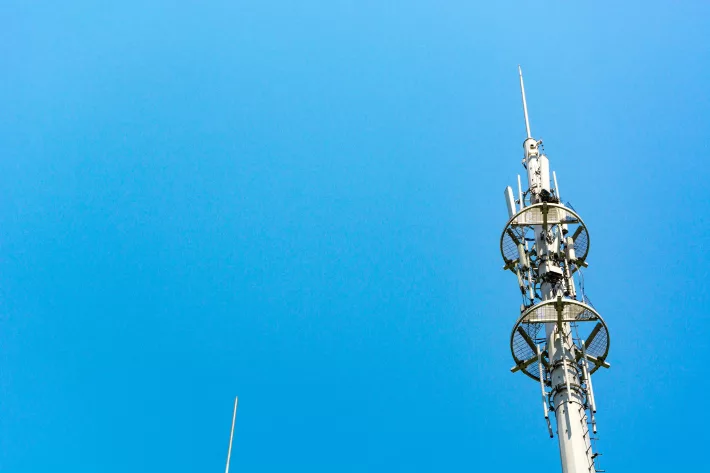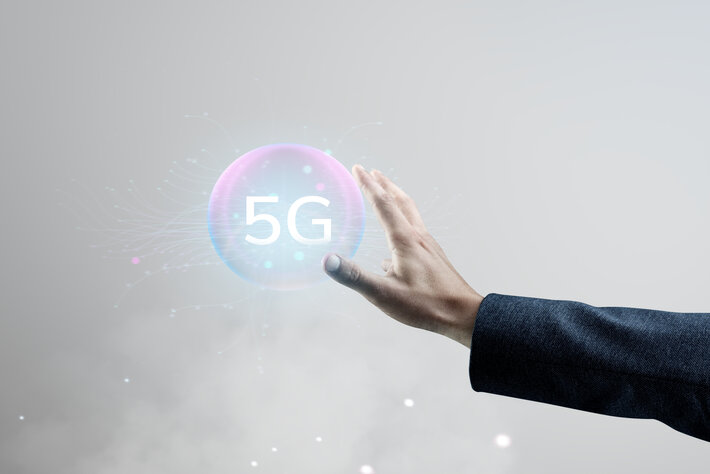The World Radiocommunication Conference 2023 (WRC-23) has opened in Dubai, United Arab Emirates, bringing governments together for negotiations on the allocation of radio-frequency spectrum.
The conference, organised every three to four years by the International Telecommunication Union (ITU), will review and update the Radio Regulations, the international treaty governing the use of spectrum and geostationary and non-geostationary satellite orbits.
His Highness Sheikh Ahmed bin Mohammed bin Rashid Al Maktoum, Second Deputy Ruler of Dubai, attended the WRC-23 opening ceremony.
A Testament to International Cooperation
For the opening, United Nations Secretary-General António Guterres noted that the World Radiocommunication Conference, “is a testament to the power of international cooperation in tackling global challenges.” In the message delivered on his behalf, Guterres added, “Radio frequencies, whether on Earth or in space, form the backbone of advanced communications for all of humanity. From education to healthcare, from agriculture to climate monitoring, expanding radiocommunication services and bridging the digital divide is key to reducing inequalities and advancing the Sustainable Development Goals.”
Much of the technology in everyday life uses radio-frequency spectrum allocated by ITU’s world radiocommunication conferences. Ensuring that the Radio Regulations reflect the changing demand for spectrum use is critical for the efficient operation of existing and future radiocommunication services and equipment.
“We are at an inflection point in tech history and radiocommunications are at the top of the global agenda,” said Doreen Bogdan-Martin, ITU secretary-general. “Equitably managed spectrum and the associated satellite orbits are among the best tools in our toolbox to make good on our commitment to build a digital future that works for everyone and for our planet.”
“This conference will revise and update the Radio Regulations to support the introduction of new radio-based technologies, systems, technologies and services and their growing spectrum requirements while continuing to protect the vital radio services we rely on today,” said Mario Maniewicz, a director of ITU’s Radiocommunication Bureau. “Newer innovative technologies will allow us to better monitor our changing planet, and better connect communities and people everywhere: on land, at sea, in the air, and in space. I count on the spirit of cooperation of the ITU Membership and your technical expertise to make WRC-23 a resounding success and leave a legacy of prosperity for billions of people across the globe.”
The WRC-23 agenda items include:
- Identifying additional frequency bands for the continued development of International Mobile Telecommunications (IMT), including the use of high-altitude platform stations as IMT base stations for the universal deployment of wireless networks.
- Improvements to the international regulatory framework for geostationary orbit (GSO) and non-geostationary orbit (NGSO) satellites while promoting equitable access for all countries.
- Use of satellite technologies for broadband services to improve connectivity, particularly in remote areas.
- New spectrum to enhance radiocommunications in the aeronautical mobile service, including by satellite, and to facilitate the use of the space research and Earth exploration-satellite services for climate monitoring, weather prediction and other scientific missions.
- The modernisation of the global maritime distress and safety system (GMDSS).
- The regulatory framework for the use of earth stations in motion on board aircraft and ships for communication with GSO and NGSO satellites.
- The future of the ultra-high frequency (UHF) broadcasting band which has implications for television broadcast, programme-making and special events, as well as public protection and disaster relief.
Ensuring Rational, Equitable, and Efficient Spectrum Use
The Radio Regulations ensure that the use of the radio-frequency spectrum is rational, equitable, efficient, and economical – all while aiming to prevent harmful interference between different radiocommunication services.
Overall, 4,000 participants are expected for WRC-23, including delegates from ITU Member States and ITU Radiocommunication Sector Members representing international organizations, equipment manufacturers, network operators and industry forums attending as observers.
Comment on this article below or via X: @VanillaPlus






